Betta fish is born a fighter but sometimes you see it hiding. This peculiar behavior could sign that something goes wrong in the aquarium but in most cases, it is not a serious problem you need to worry about.
One thing every betta owner should understand is that every betta fish has a unique personality. That said, they will react similar way under the same circumstances. For example, they will hide when they feel threatened. Or if they are introduced to a new environment, they will likely hide.
Betta fish hiding is interesting to discuss, especially if you are new to betta fish keeping. We’ve provided everything you need to know about common reasons for betta’s timid behavior and what you should do to cope with it.
Why Does Betta Fish Hiding, Is It Normal?
Before going any further to the most common reasons for hiding behavior, you may want to know if it is natural and normal for betta fish. When a betta is introduced to a new home or environment, it is quite normal for them to get a little shy and hide behind the rocks or plants.
Betta fish typically needs some time to adjust to a new home. To reduce stress, you may want to acclimate it to the new water for a few minutes. Or if your betta hides after you change something in the tank, it is completely fine to leave it alone and adapt by itself.
However, if your betta isn’t introduced to a new tank or if nothing has changed and it starts hiding, there could be something wrong. Take a closer look at a few reasons below:
1. Strong Current
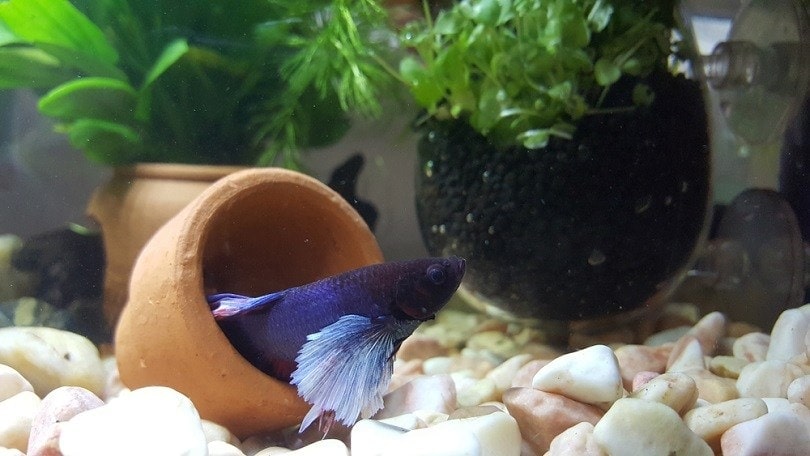
When your filter current goes too strong, chances are that your betta will hide. Bettas hate strong currents because it is difficult for them to swim. This makes sense for they have flowing fins that are designed for smooth current.
To confirm if it is the reason, check the current in your tank. Try to angle the filter output so it comes out of the water. This will help slow down the current and aerate the aquarium better. Alternatively, make some tiny holes in the output hose until it slows down.
2. Too Bright Light
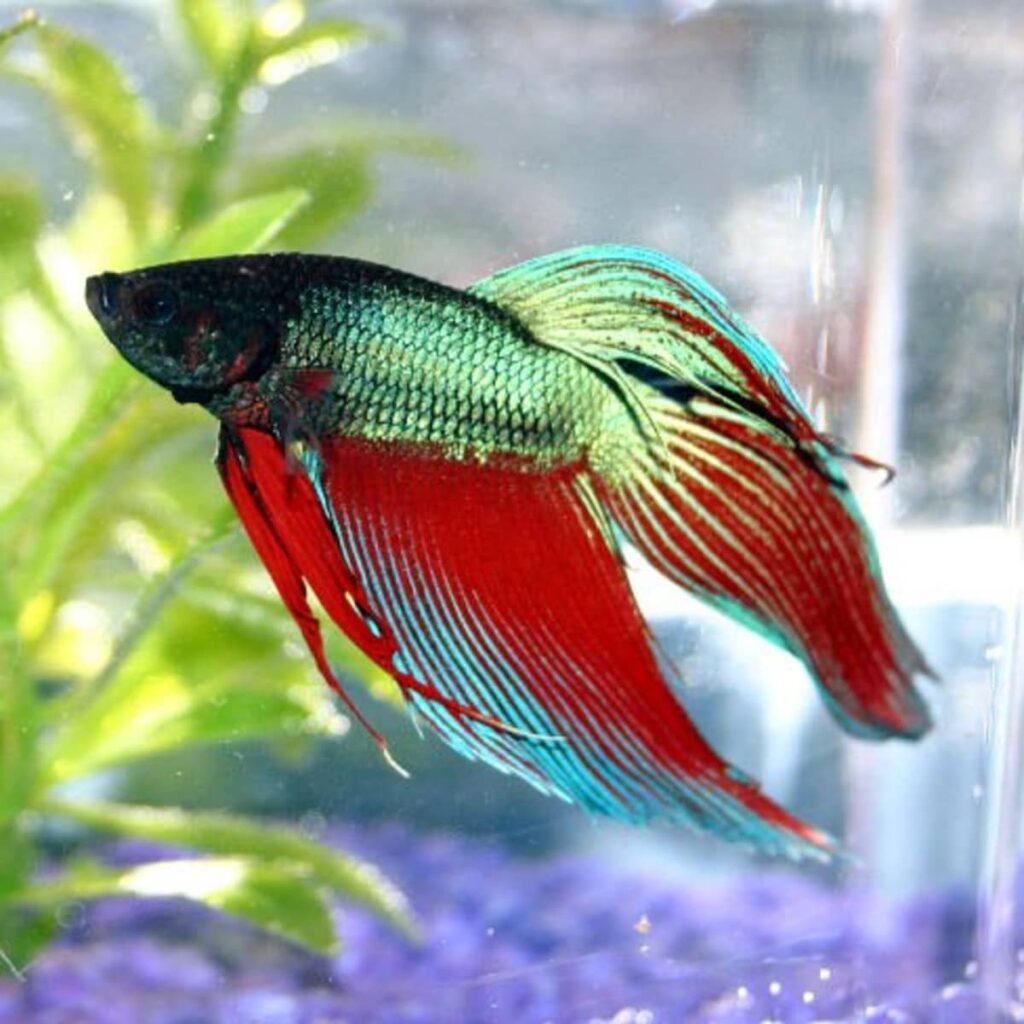
If the water current is not the reason behind betta’s hiding behavior, you may want to check the light intensity inside the tank. In nature, bettas’ habitat is planted water area that provides them with plenty of shade. That’s why too bright light can be disturbing and makes betta hide.
To fix this issue, try to turn off the light and see if your betta starts to come out. If the light intensity is the problem, you may want to purchase an adjustable light. Or, you may bring some plants into the tank for additional shade.
3. Sick Betta
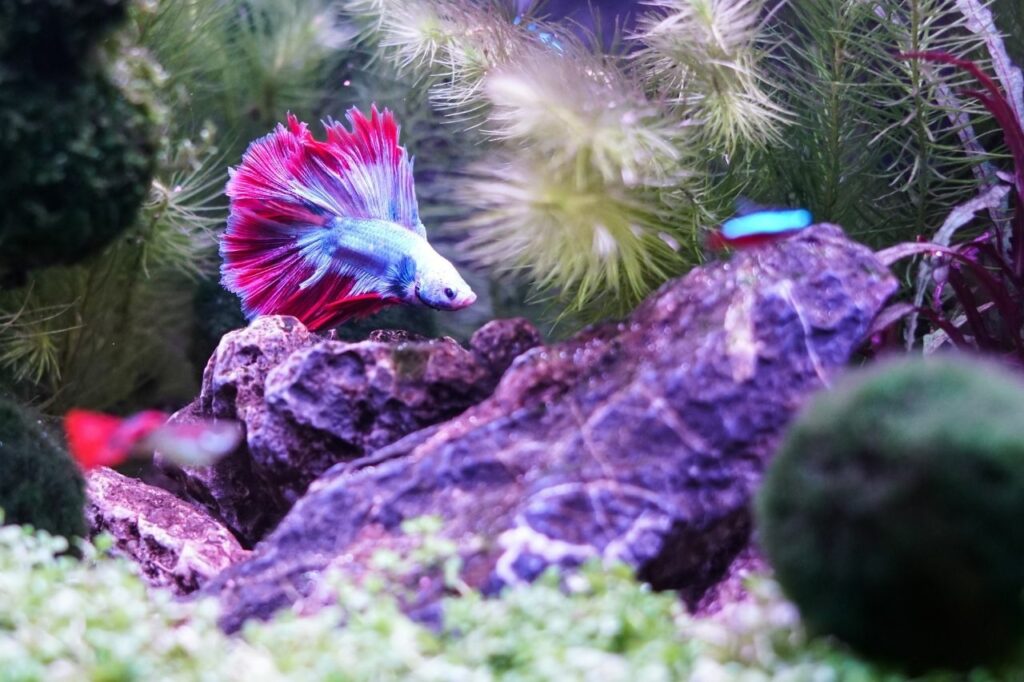
When bettas are sick or being hurt, they will likely perform hiding behavior. Bettas are vulnerable to predators and it gets worse when they are sick. That’s why they tend to spend time behind aquatic plants or even rocks.
If you assume that your betta is sick then you need to check it for symptoms. It is commonly followed by other signs like loss of appetite and lethargy.
4. Depressed Betta
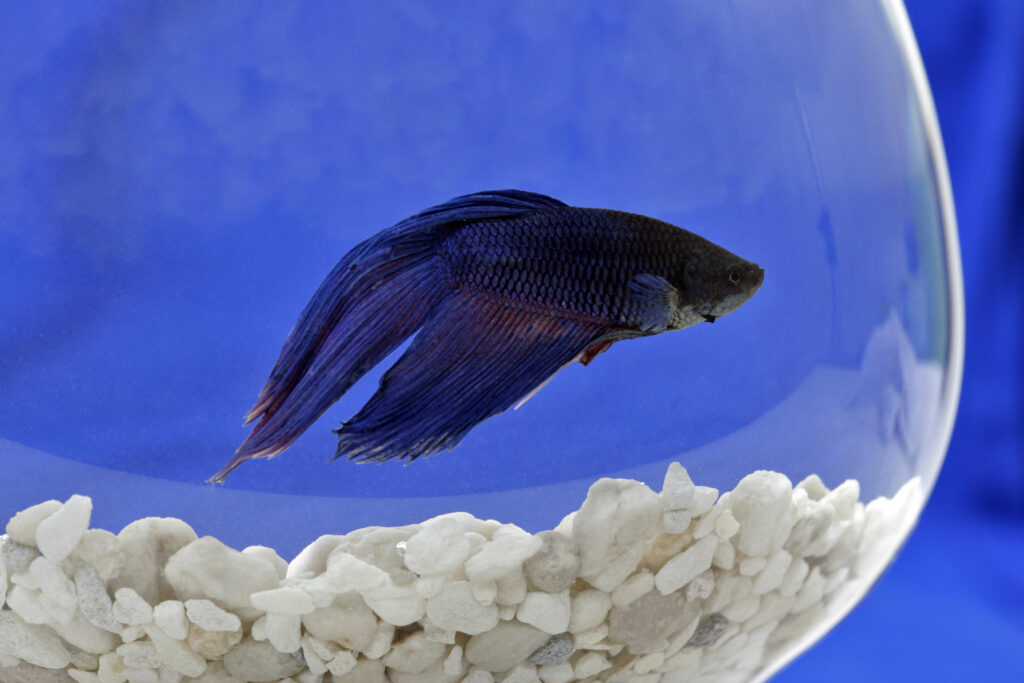
Depression is another reason why a betta keeps hiding in the tank. When a betta gets depressed, it will more likely hide in the rocks. Depression commonly occurs when its basic needs are not met.
This problem can be fixed by adding stimulus to the tank. You can try with decorations and toys but adding a new mate also works well to cope with their depression. Just be sure the tank is big enough for a pair of bettas.
5. Poor Water Quality

Poor water quality can be another reason why betta fish hides. Rather than hiding behind plants or in the rocks, bettas will hang out behind the filter. And if you notice this behavior, you may want to test the water quality in the tank.
When bettas hide behind the filter, they are trying to get fresh water that comes out of the filter. Ammonia poisoning is the most common cause of this behavior, but nitrite poisoning may also result in the same. The toxic gas can burn their gills so they try to find oxygen-rich water to survive.
6. Lack of Simulation
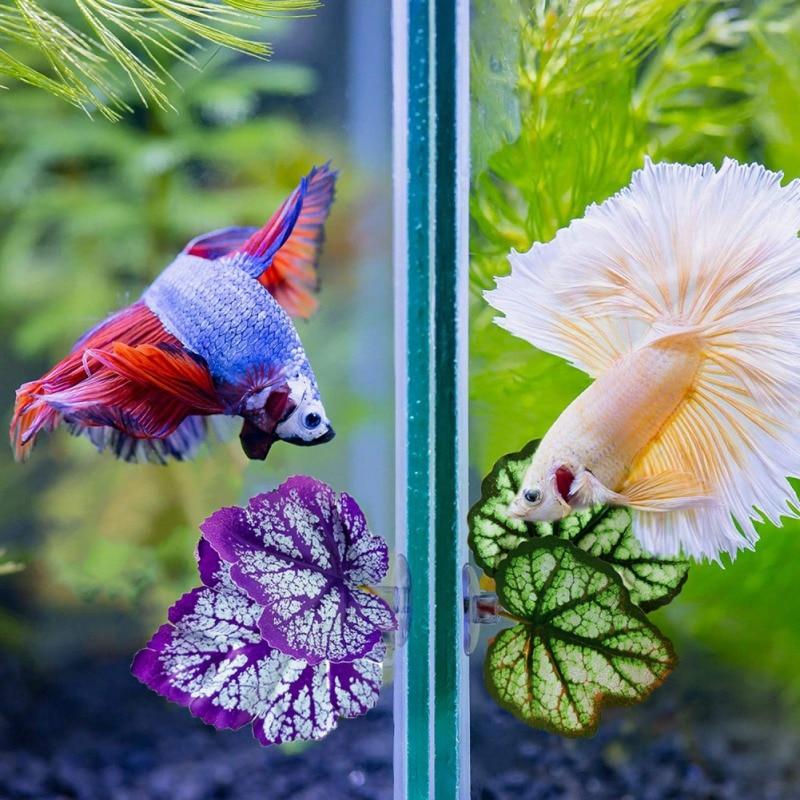
Stimulation keeps bettas happy. Lack of stimulation will make them bored and they are likely to hide when they are bored. If you think this is the reason for their hiding, adding a tankmate can be a good solution. Just be sure to choose fish species that can get along with bettas.
7. Natural Temperament
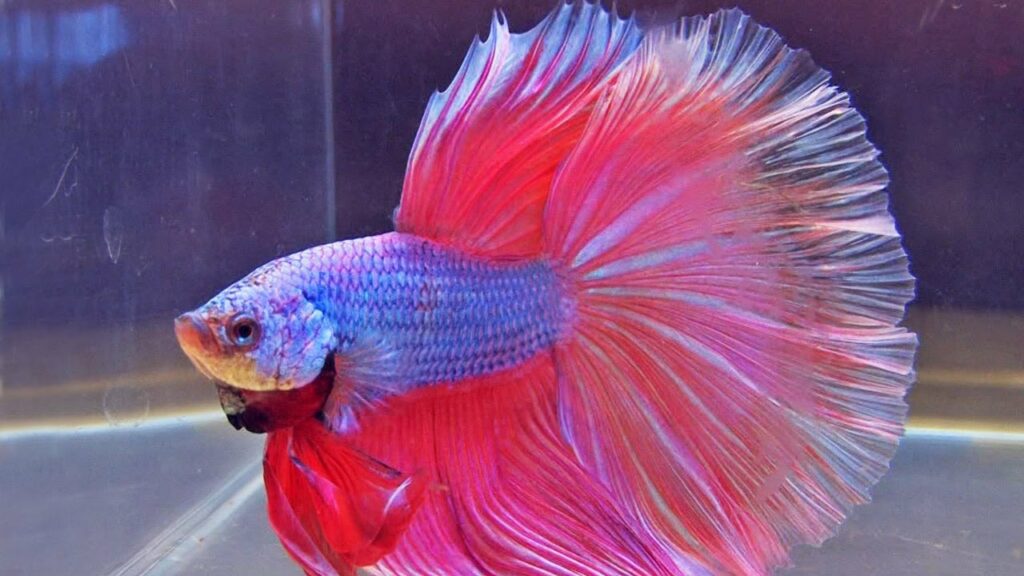
As aforementioned, every betta has a unique character. And when you find your betta is hiding even if nothing changes, it could be caused by their temperament. If you’ve tried all solutions but nothing works, it might be their natural characteristics. So, you have nothing to worry about.
What Should We Do?

Now that you know different causes for bettas’ hiding behavior, it’s time to figure out what to do with them. Obviously, identifying the reason is the first and foremost step to fixing the issue. If you know what makes them hide, it should be easier to overcome the problem.
For instance, if you suspect too bright light that causes them to hide, adjust the light intensity or simply add plants or decorations to provide shades. Or if you think ammonia poisoning has something to do with it, change the water or add an ammonia detoxifier.
Identifying the cause can be a bit of a task but that’s the only way to help your bettas come out from their hiding place. Don’t hesitate to try each solution so that you can find one that works well to eliminate this timid behavior.
In a nutshell, it is quite normal for betta fish to hide especially if there are changes in their aquarium or if they’re transferred to a new tank. But if nothing changes and it starts to hide, you’ll need to figure out what causes this issue. Identifying the triggering factor can help you fix the problem effectively.



